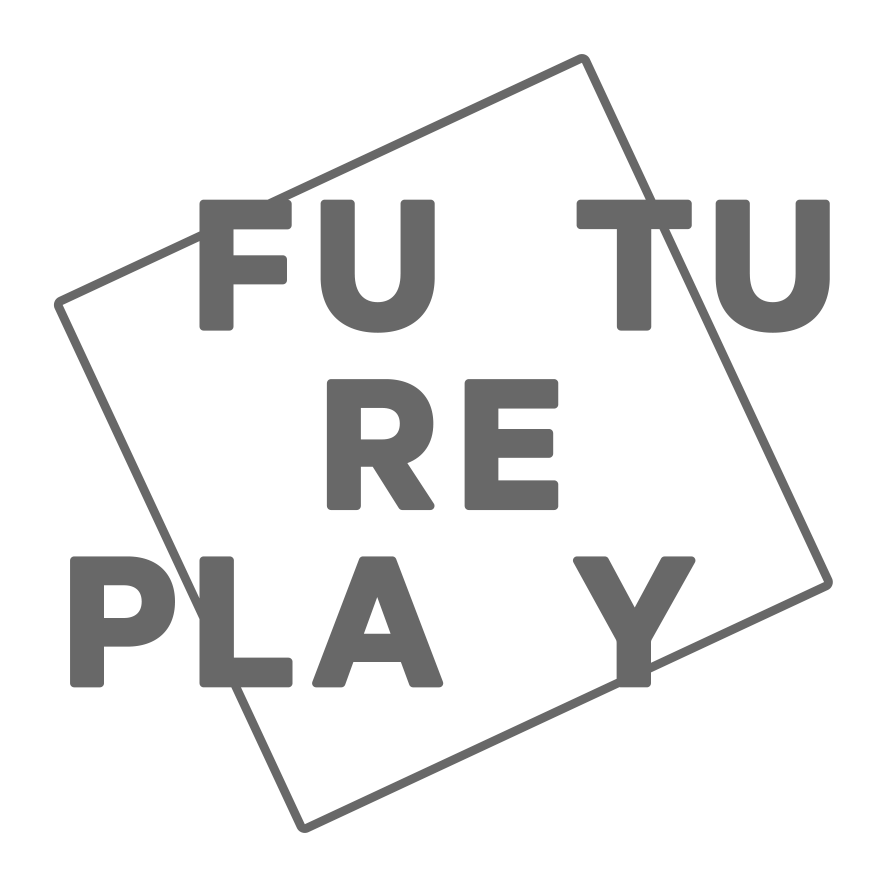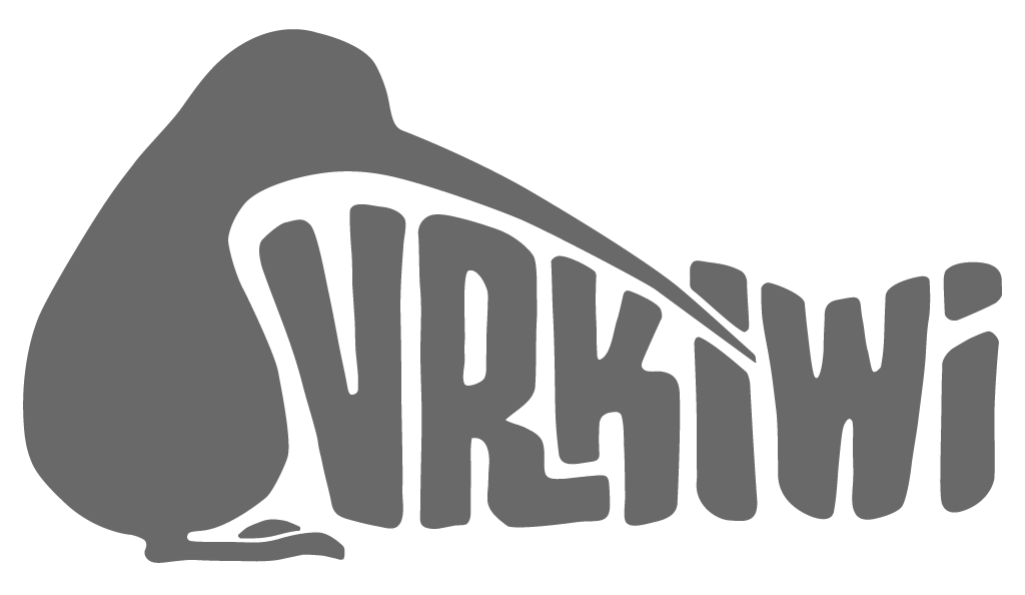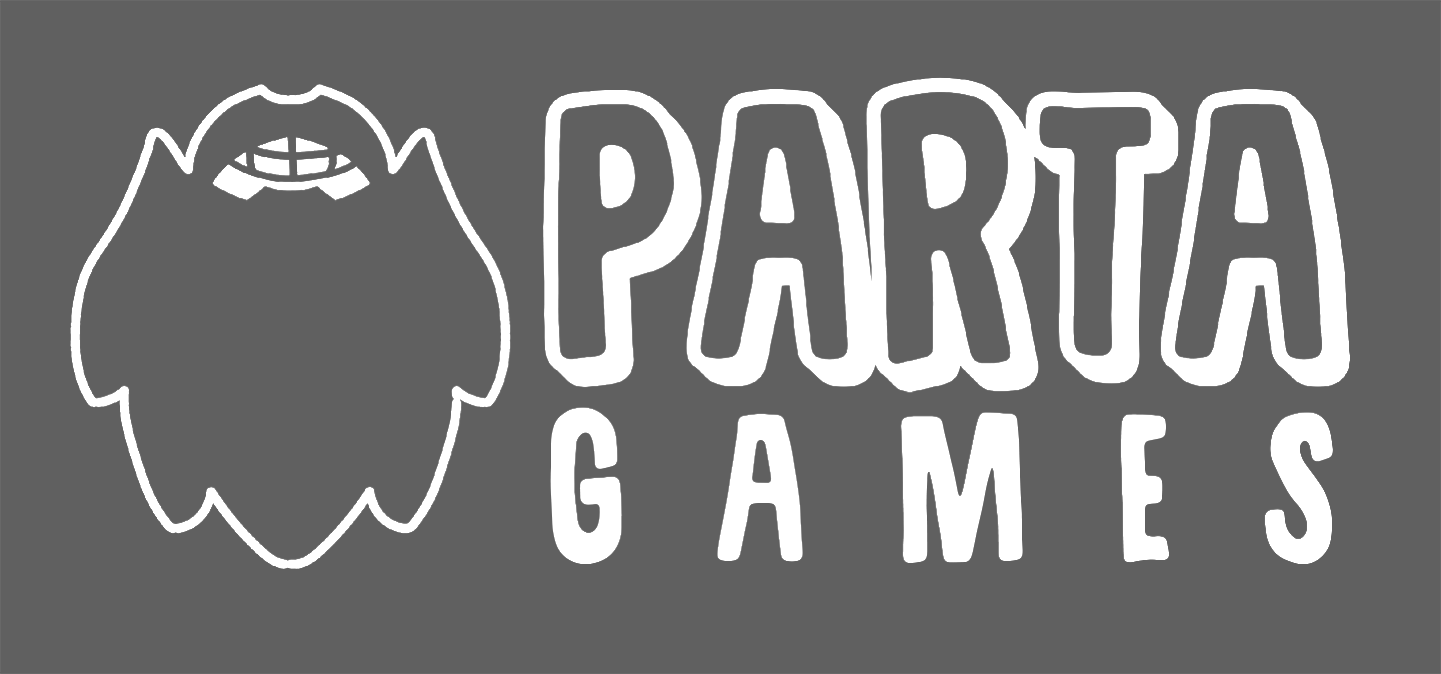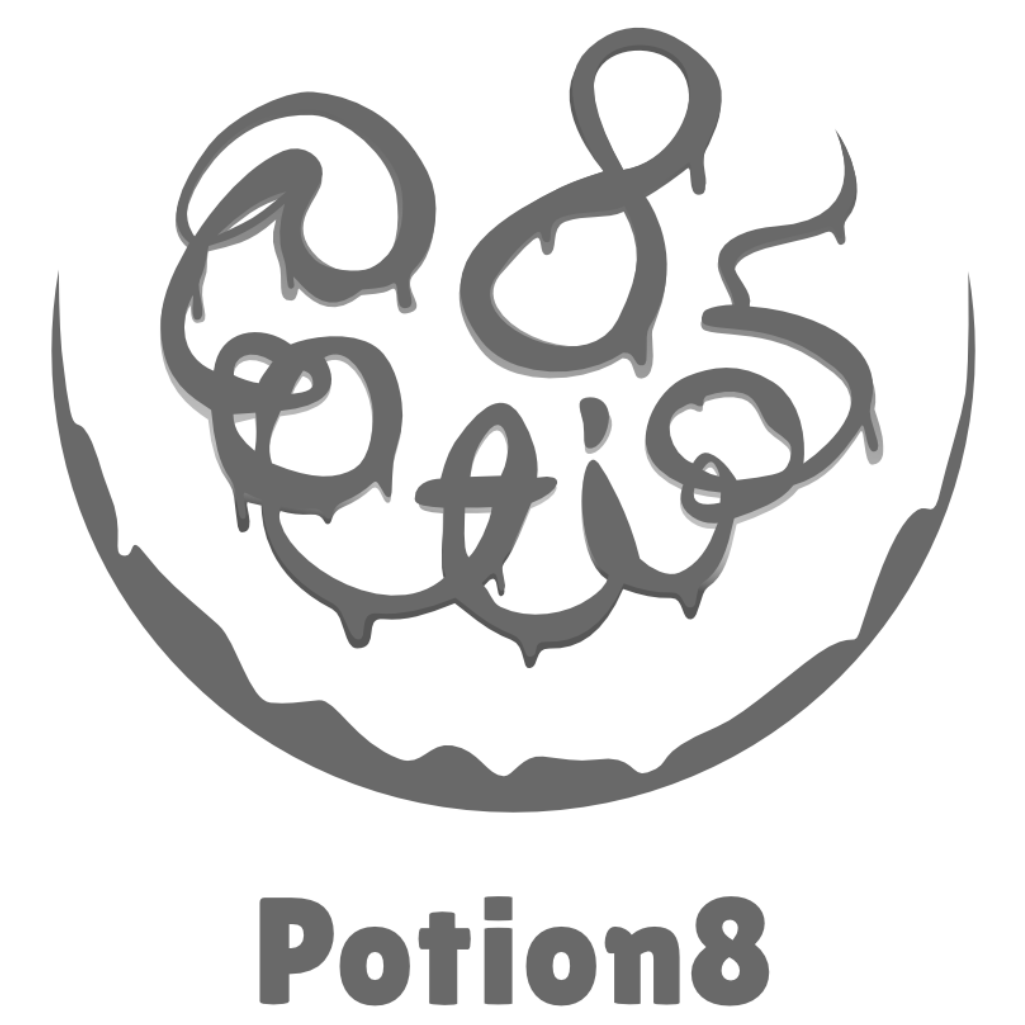IGDA Finland May Gathering with Yousician: The Aftermath
/The last gathering of the spring is behind us! If you couldn’t make it and want to know just how much you missed, or want to relive the fun, read on. The seminar reports can be found below!
Yousician did a tremendous job of- transforming the venue into a massive music party. Demo spots equipped with guitars, ukuleles and keyboards were very popular, some people trying out the instruments for the first time. The app worked incredibly well despite the noise from the crowd and the occasional guitar shredding.
Guitar shredding? Yes! Yousician had come with an arcade cabinet that featured a competitive rock guitar tournament version of their game, solo and in pairs. Although a real electric guitar is definitely more of a challenge than, say, a guitar hero controller, the songs available were simple yet fun enough to let even the casual guitar player enjoy rocking out.
The best players were rewarded with an actual acoustic guitar or a ukulele, depending on their preference. And some lucky participants got the same chance in the random raffle, including yours truly! Woop woop!
Yousician CEO Chris Thür gave an engaging presentation about the company. A question often apparently arises whether Yousician really is a game or rather educational software. According to Mr. Thür, since the app, in fact, fulfills several conditions of a game product – Voluntary participation, feedback system, rules, winning conditions – it is indeed a game. If the side product of the game is that people learn actual real life musical skills, then everyone wins!
And if this wasn’t enough, the Yousician house band stole the stage and blew the roof off the party. With great energy, experience, excellent musicianship and brilliant song choices (Megaman!), they had the audience crazy dancing by the end of their set.
Thanks everyone for making the last gathering of the spring such a blast! See you in August!
IGDA Seminars, May 2016
Professional audio design for video games 101
Ari Pulkkinen from AriTunes kicked off the evening with a presentation about how to achieve the best audio design in video games. He stressed the importance of planning ahead, knowing your game’s tone and mood and communicating well with the audio team.
Keep the audio people in the loop from the beginning – that was Mr. Pulkkinen’s key point. Audio has a massive role in how a game communicates to the audience, and cannot simply be slapped onto an otherwise finished product in a week. His most recent work was Alienation for Housemarque; making the final mix took one and half months, but he worked alongside the team from early on to create music and audio effects.
In Alienation, he went from peppy '80s demoscene/arcade style towards a darker mood with some military, even apocalyptic notes with the idea of an “endless war, but not all hope is lost”. Judging by the before-after demo, letting go of the nostalgia really did enhance the mood and make the music better suited to a high sci-fi setting, but some elements of the first style still remained, consistent with Housemarque ideals.
Mr. Pulkkinen had some great tips for teams about working with audio contractors. Make playlists of music and videos that reflect the desired mood. Devs also need to think of lasting impressions. Music that works well in a trailer won’t necessarily work well in-game. The loop needs to be long enough, and not too intrusive, or it will distract and begin to annoy.
It’s also very important to keep well-organised, clearly named asset lists that are updated at least weekly so that the audio guy has access to them and can work consistently throughout the project, also when something is altered. If this isn’t done, there is going to be a massive explosion of assets at the end of the project when all of the audio is dumped in. Not fun!
At the end, Mr. Pulkkinen said he would love to get the chance to challenge himself as a composer, to make something more emotional, classical in style. Many games leave emotions out of the equation, but he mentioned new games such as Quantum Break and Uncharted 4 as great examples of how to evoke feelings with music.
Role of Audio in F2P
Next up was Ilmari Hakkola talking about the role of audio in F2P, and whether there’s a chance it could be used to increase retention and revenue.
In a delightful in-depth introduction, Mr. Hakkola started from the very basics of his subject, from hearing as a sense and human reactions to different sounds. He explored the history of meaning in music, taking us through Plato’s thoughts of how music shapes societies, the Pythagorean ideas of perfect harmony through mathematical ratios, to Schöpenhauer’s theory of music as a direct manifestation of the metaphysical will. Musical information, stored on the right side of the brain, is very memorable. From ancient times when information was passed on through singing to children’s songs you still remember the lyrics to, it’s a source of incredible remembering power.
The different purposes of game audio
For games, audio can do so many jobs. From an aesthetic point of view, it not only sets the mood but can convey information about the game world, the characters or their emotional state. Even the situation of the game world can be told through music and audio.
The music can be very much in line with the game world, like in Braid, where the art style is very painterly, and the calm acoustic string instrumental music underlines it beautifully. In Fallout 4, the occasionally heard 50’s style music reminds you of happy days gone by, the pre-apocalyptic utopia. It creates a very cool contrast with the broken world of the game.
Audio also boosts immersion, gives shape, size and context to objects and materials, even ones that don’t exist in the current reality. And it certainly serves an indicative purpose, providing feedback about the game state and events to the player.
Branding is also not to be frowned upon. For instance, Angry Birds has very consistent audio throughout the different products, thanks to very comprehensive guidelines. Audio logos and theme songs are also very memorable and can instantly take our minds to certain products just by hearing them.
Going beyond the traditional: audio in F2P
Mr. Hakkola postulated that audio can be used to boost game performance also in F2P games. To date, the vast majority of the effect of audio on customer behaviour has been made in the real world. Shops regularly work on providing pleasing audio experiences to boost sales, and the figures indisputably show that this works. According to Mr. Hakkola, a handful of supermarkets in Helsinki have begun experimenting with separate ambient sound environments for different parts of the shop, with great results.
Since F2P is all about monetization, devs really do need to start considering the chances of using audio as a sales booster. The first thing to look into is audio metrics, same as stores and other features. Do people play with sounds on or muted? Do the music and audio feedback boost purchases in the shop?
Anticipation points, according to Mr. Hakkola, are the points where players make decisions. Do they want to upgrade? Do they want to keep playing the level after failing, buy a booster? Audio can have an effect on this since after all, sounds can awaken primal reactions in us. A great example is Peggle blast, where the use of audio anticipation and actual human ‘audience’ reactions (Ode to joy when finishing a level, or a gasp when you miss) really add to the experience. Using voiceovers is a very good idea in any case since we are so used to human voices they immediately grasp our attention.
A fresh experience through new music
Mr. Hakkola also wanted to examine the way we currently ‘force’ the players to listen to the same music over and over again. It does get rather boring, but composers are expensive, not to mention how time-consuming the process of creating new musical content for games is.
He suggested that since there is more music available in the world than ever before, to the point where the music industry is struggling with visibility, it would be wise for everyone to take advantage of the extremely wide spread of the mobile platform. For a lower fee than exclusive compositions, games would be a great place to introduce music to different audiences, so mutually beneficial deals can certainly be worked out. Since casual games aren’t as immersion-critical, adding music as background playlists would work nicely particularly in that genre.
A radio player functionality would work best, says Mr. Hakkola. It gives the player the choice to select the music while in-game. There can even be customised personalised playlists, for individual players or even countries, since the servers tend to run separately for each country. So if getting huge international stars would be hard to achieve, local stars would be an option.
You can even use new music as an incentive to play further, by indicating in the level maps that playing ahead will unlock new music. In the end, Mr. Hakkola suggested doing A/B testing with different audio scenarios and seeing how it goes.
Photos by David Jakob























































